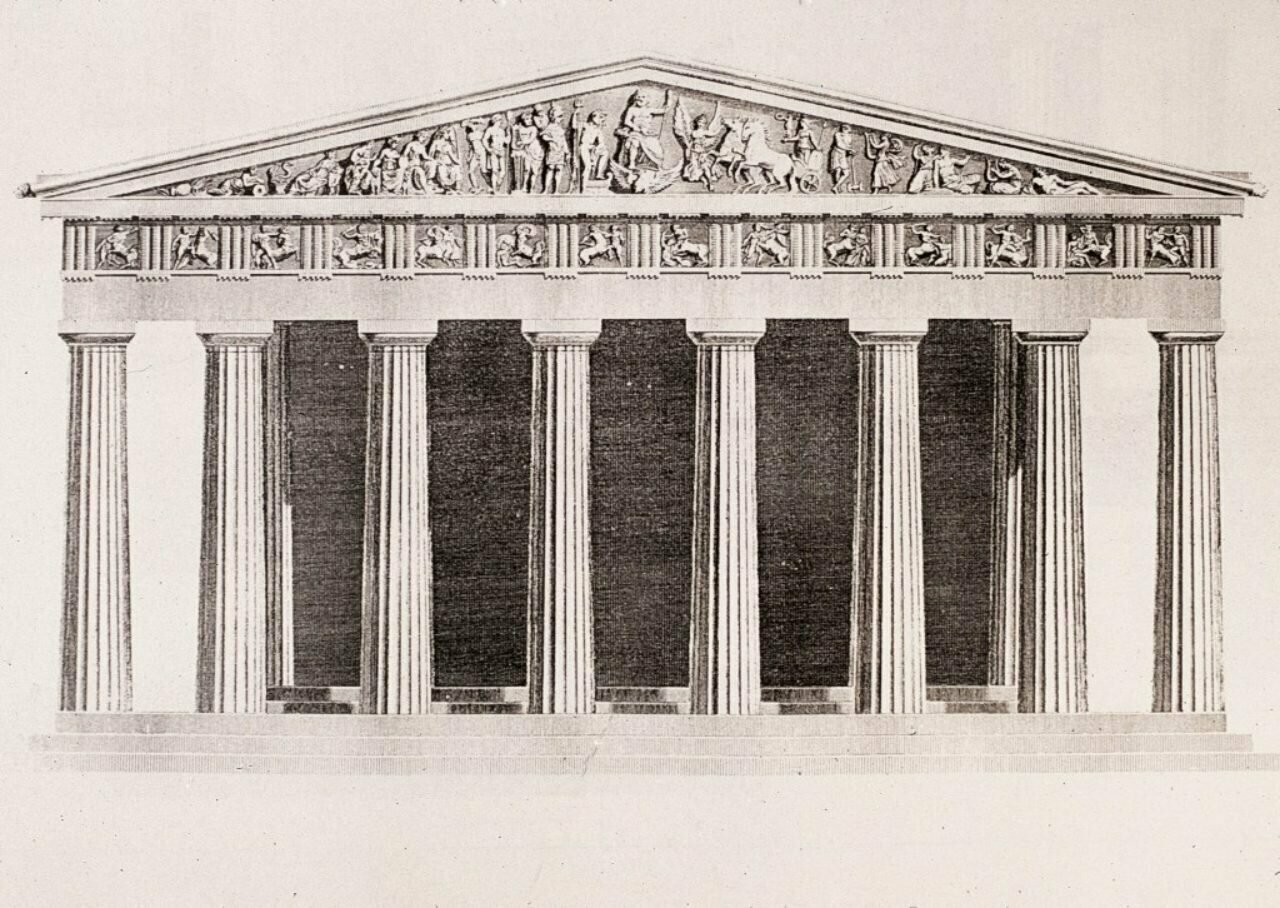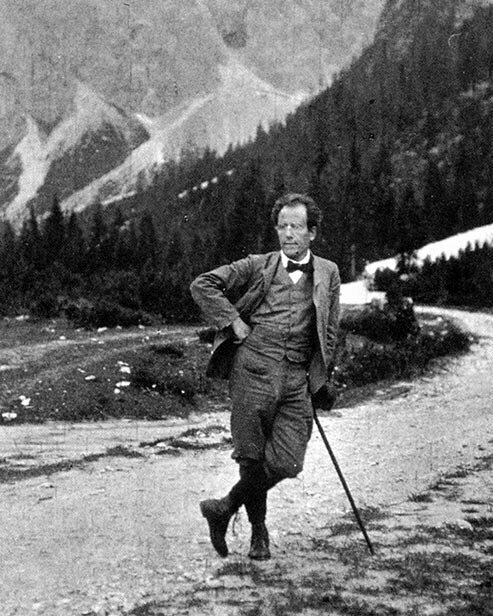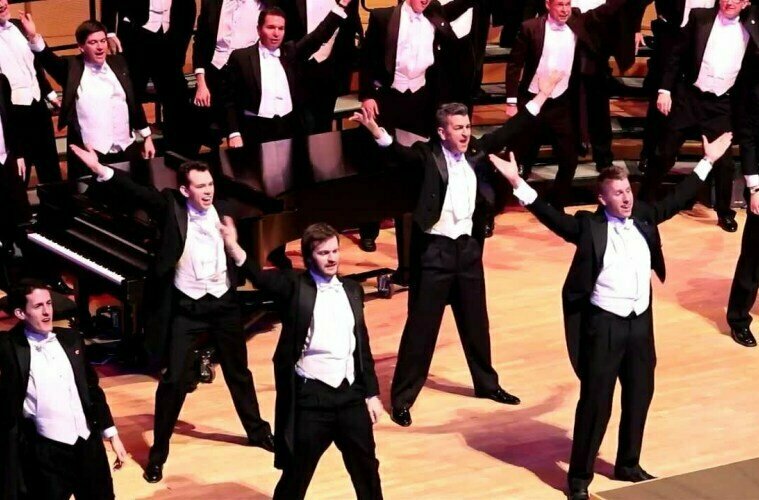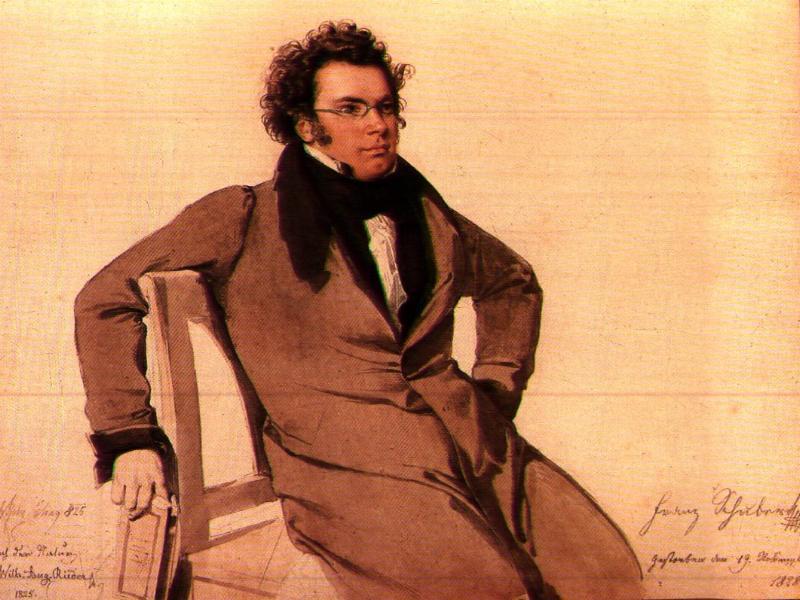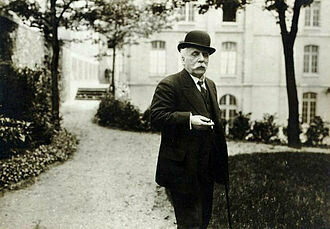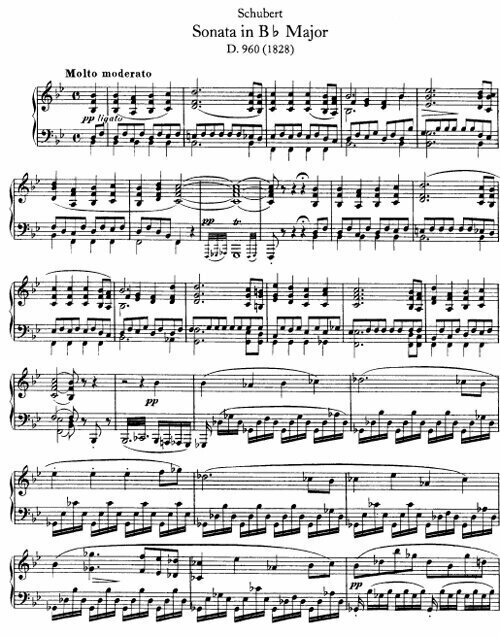“Never play faster than you can think” This well-known maxim by pianist, teacher and composer Tobias Matthay has a relevance both in day-to-day practice, and also in performance. When we practice, in our eagerness to move on to a new
Articles
Giovanni Pierluigi da Palestrina (1525/26-1594) may have been born in the city of Palestrina, as indicated by his name, or may have been born in Rome, where his father may be the ‘Santo de Prenestino’ on the 1525 census. In
In the summer 1907, Gustav Mahler’s mother in law suffered a mild heart attack. When the district physician was called to examine her, Gustav Mahler invited the physician to also take a look at him. To everyone’s surprise, Mahler was
The most common form of popular music in India is film music – songs from the movies, and Sperry has not shied away from adapting this form for choirs. Popular Music in Choral Format As mentioned in Part I of
On the most basic level, we practice to get better, to become proficient, to ensure we never play a wrong note. However, productive practising should never just be mindless “note bashing”. As pianist and renowned teacher Seymour Bernstein says in
In late September or early October 1828—two months before his death—Franz Schubert completed his C-major string quintet. He passed the work to his Leipzig publisher Heinrich Albert Probst on 2 October 1828, writing in the accompanying letter, “Among other things,
Towards the end of his life, Gabriel Fauré struggled with increasing frailty and deafness. In fact, sounds had become seriously distorted, with high and low notes “sounding painfully out of tune.” When Prince Albert I of Monaco approached Fauré in

